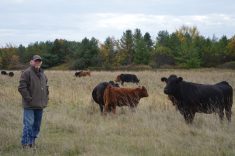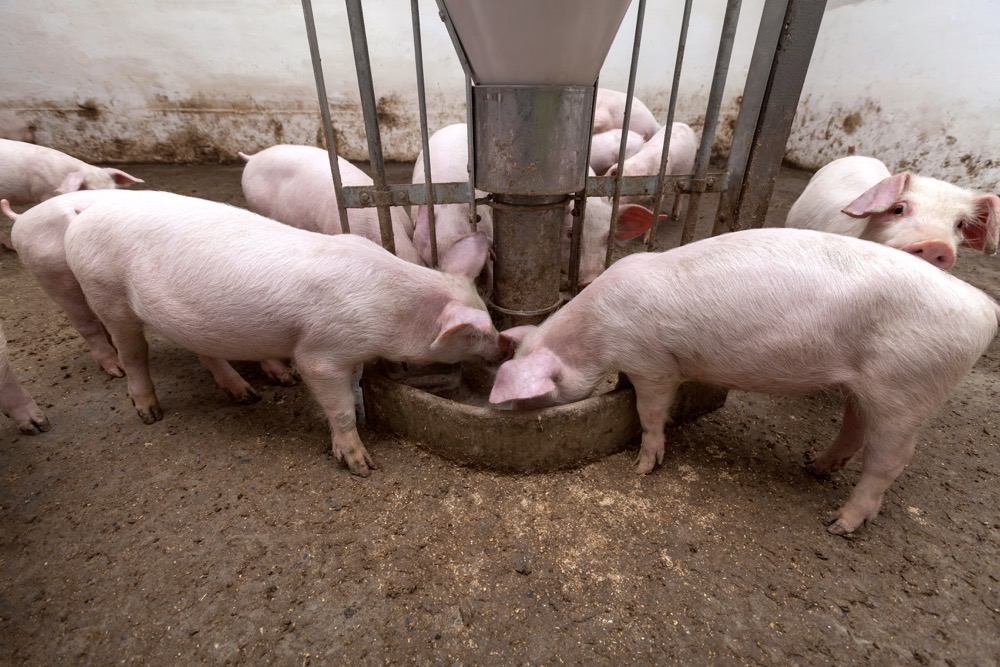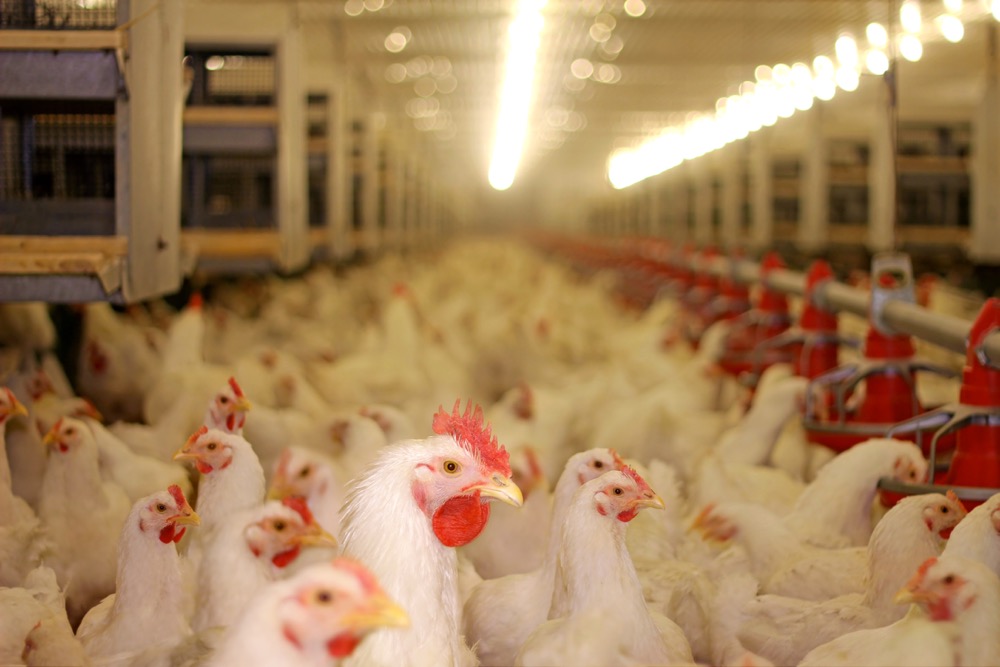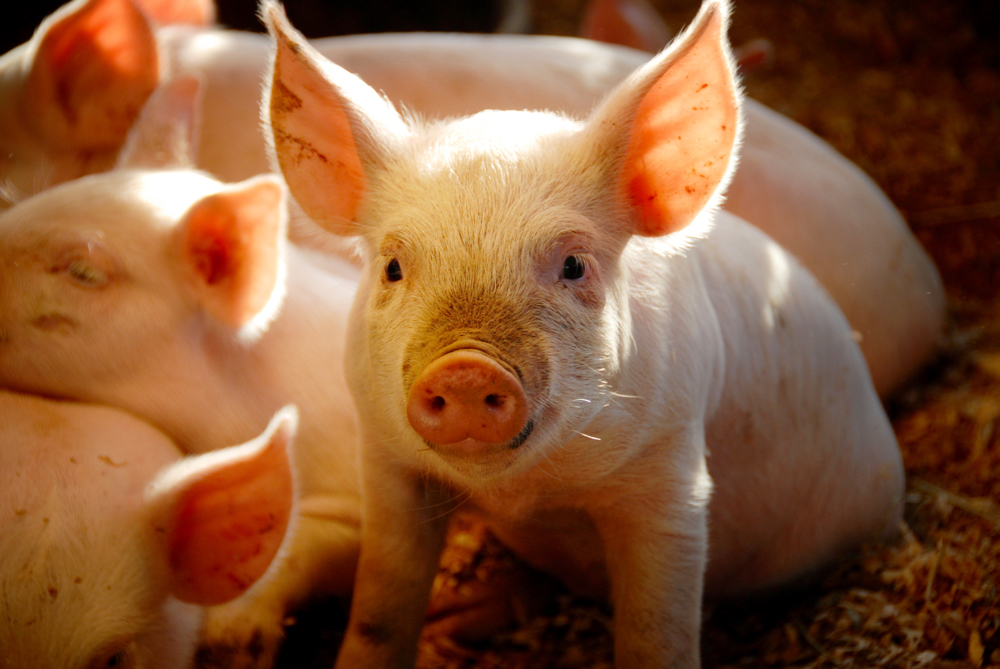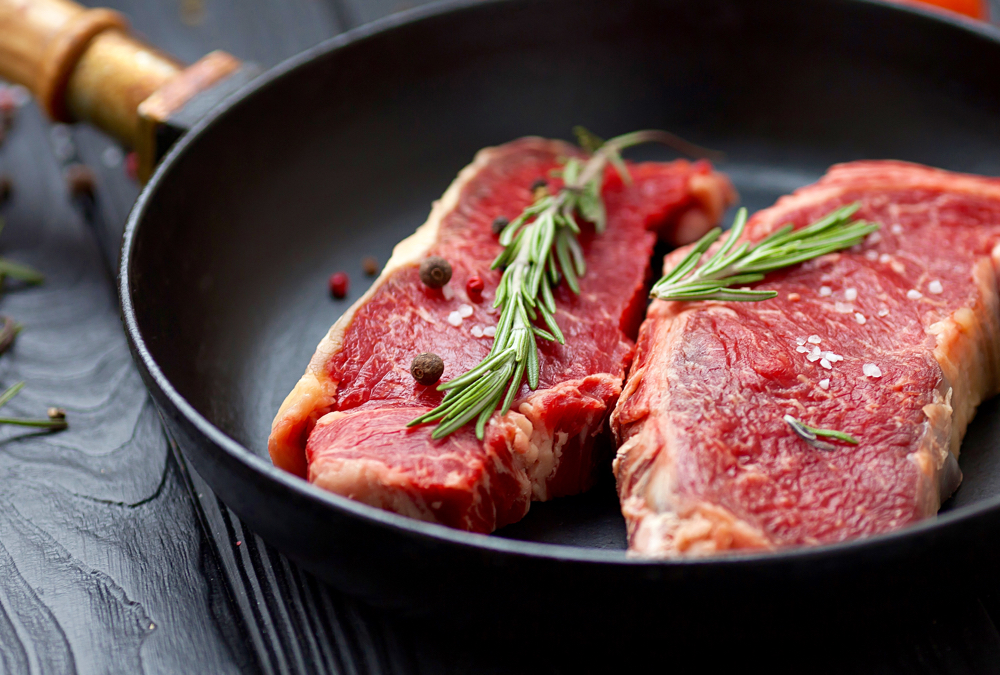Asecond round of negotiations with the European Union on a proposed free trade agreement resumed in mid-January with little more than a government press release.
The tranquil reaction from farm groups was in contrast to the usual excitement surrounding trade negotiations. Federal officials have held extensive discussions with farm and other business groups on the issues at stake in the talks, which insiders think has lowered the usual level of alarm.
Plus, on the agriculture side, the government has made it clear it isn’t going to negotiate significant changes to supply management.
Read Also
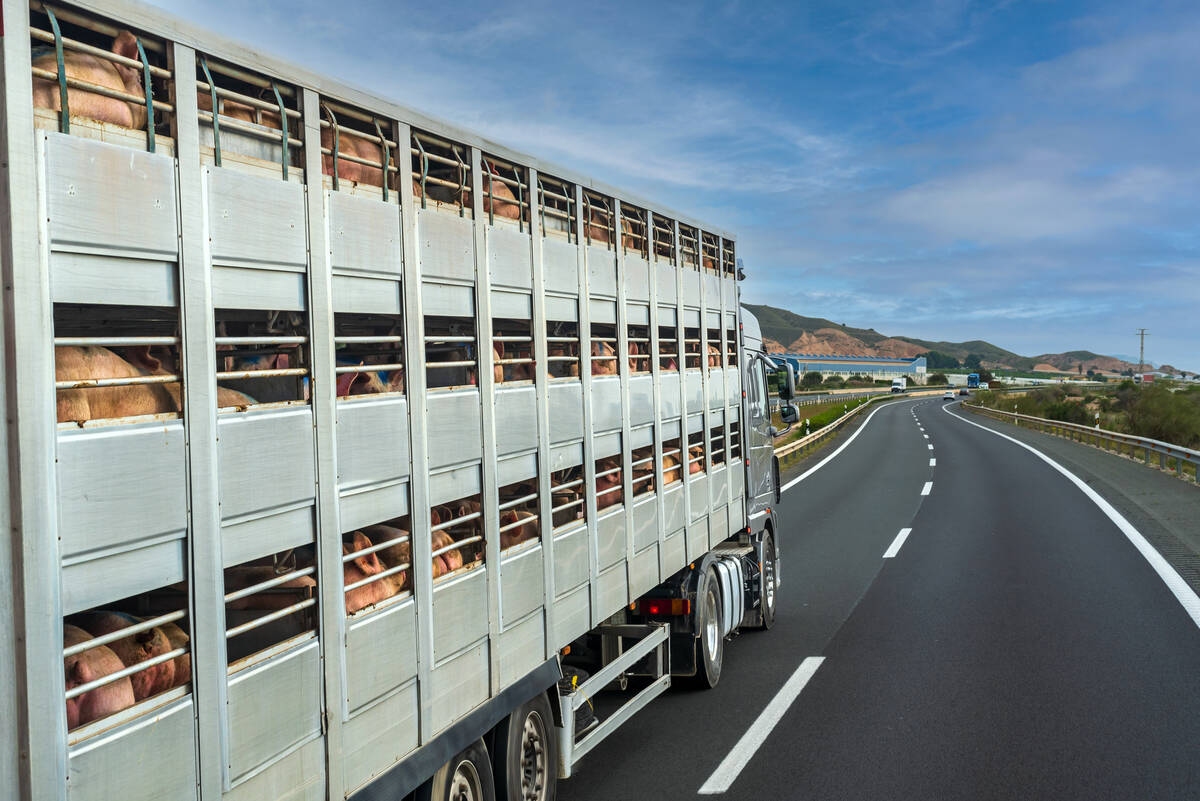
Pig transport stress costs pork sector
Popular livestock trailer designs also increase pig stress during transportation, hitting at meat quality, animal welfare and farm profit, Agriculture and Agri-Food Canada researcher says
Laurent Pellerin, president of the Canadian Federation of Agriculture, says grain, pork and beef producers could benefit from access to a high-priced, high-quality market like Europe.
Chief ag negotiator Steve Verheul has been in regular contact with farm groups.
“We’ve had quite a bit of discussion with officials about the talks,” says Kathleen Sullivan, executive director of the Canadian Agri Food Trade Alliance. Because the negotiations involve a great many sectors and interests in Canada and Europe, “there won’t be direct trade-offs in agriculture but a large-scale deal. Hopefully this will help us step out of the usual box.”
Richard Phillips, executive director of Grain Growers of Canada, is hoping to see rules that prevent the Europeans from concocting non-tariff trade barriers. It would also like to see effective dispute resolution mechanisms.
Sources say the EU’s main interest on the food side is shipping more specialty cheese to Canada. It also wants better access to provincial liquor markets for its wines.






